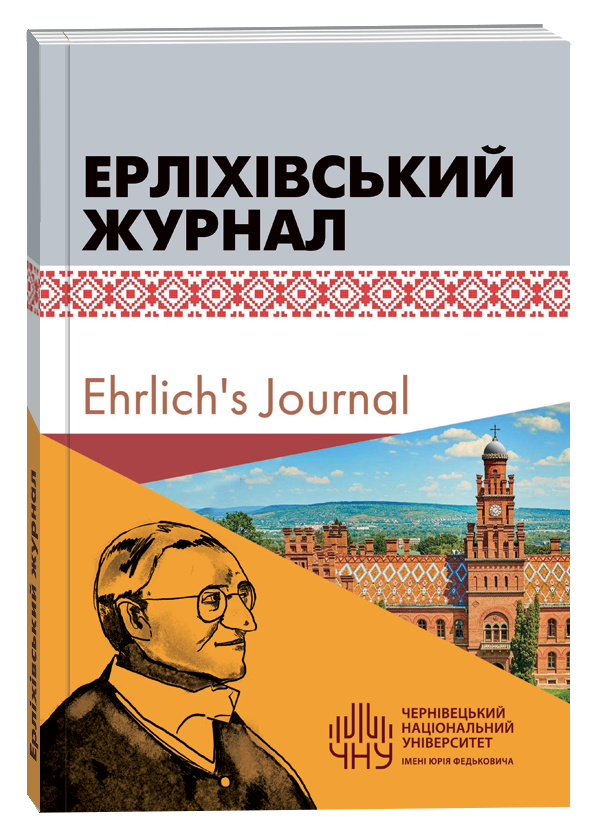SOCIOVITAL DETERMINATION OF THE LEGAL ORDER: JUSTIFICATION OF THE SOCIO-EMPIRICAL INFLUENCE ON THE FORMATION OF THE LEGAL ORDER BY EUGEN EHRLICH
DOI:
https://doi.org/10.32782/ehrlichsjournal-2022-6.01Keywords:
sociology of law, legal order, social order, law of social unions, socio-empirical influence, legal validity, social relations, synergy of law, social determination in law.Abstract
The essence of the legal order from the standpoint of the socio-empirical model of its knowledge is that the legal order is a solid foundation for the normal life of the entire society. It reflects the most important set of values – the formation of an effective, adequate to actual social processes way of organizing social life. Based on the results of the research, it was established that the legal order is possible in relation to social life. Just as law must be studied, first of all, in social manifestations, that is, it must be studied socio-scientifically, so the legal order should be defined as a state of mass-spontaneous social activity of individuals. It is noted that the legal order as a qualitative state of regulation of social relations within the parameters set by the law reflects the influence of social factors on the formation or change of the system of legal norms and the reverse influence of this system on the satisfaction of people’s social needs. The socio-vital determination of the legal order actualizes the real state of legal reality, determined by social demands, in all its diversity and uniqueness. A change in the legal order is a mirror image of the actual dynamics of social relations. The nature of the legal order is synergistic, it constantly changes in accordance with changes in social life. The actualization of such attribution allows to take into account the nonlinearity of socio-legal development, the system nature of the interaction of random and regular factors, the relevance of legal certainty to modifications of the social environment, as well as the possibilities and further prospects of the development of the already given legal order. Without determining the actual effectiveness, it is impossible to measure the social effectiveness of law enforcement functions. Legal order is the peak in the evolution of society, when the actual results of the functioning of the law are identical to the goals set before the law, namely its social purpose.
References
Бігун В. С. Євген Ерліх: життя і правознавча спадщина (актуальний наукознавчий нарис). Проблеми філософії права. Київ-Чернівці : Рута, 2005. Т. ІІІ. № 1–2. С. 105–126.
Львова О. Право живе та дієве (про ціннісні орієнтації права). Часопис Київського університету права. 2007. № 1. С. 11–17. 3. Маник А.
З. Ідеї концепції «живого» права Євгена Ерліха у розвитку сучасного міжнародного права : дис. … канд. юрид. наук. Київ, 2018. 201 с.
Марчук В. П. Соціологічні теорії права в Німеччині. Історія і сучасність. Чернівці : ЧДУ, 1998. 140 с.
Рибікова Г. В., Кириченко В. В. Застосування концепції «живого права» Є. Ерліха в умовах інформатизації та пандемії. Юридичний вісник. 2021. Вип. 4 (61). С. 61–66.
Шапенко Л. О., Кириченко В. В. Концепція «живого права» Є. Ерліха у вимірі сучасного право розуміння. Держава та регіони. 2019. № 1 (63). С. 125–130.
Ehrlich E. Grundlegung der Soziologie des Rechts. München und Leipzig : Duncker & Humblot, 1913. 409 s.







